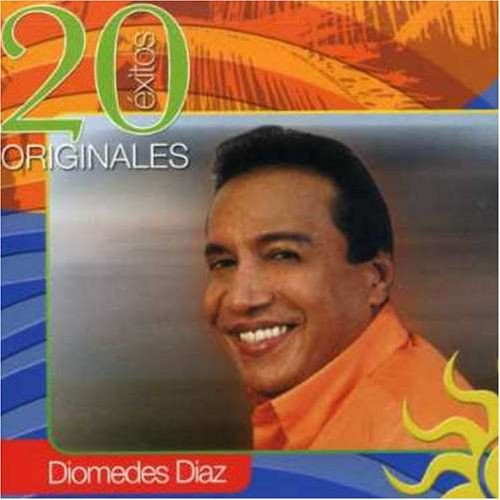
Colombian music is grieving the loss of one of its most important figures, who defined the importance of the Vallenato genre in the country and internationally, Diómedes Díaz. He was found dead on Sunday, Dec. 22, in his home in Valledupar, after he didn’t wake up. He was 56 years old. “Let’s remember that he slept during the day because of the 40 years of working nights. His sleeping pattern was reversed,” said José Sequeda, Díaz’s manager. “He hated when people interrupted his sleep. So at 4 p.m, when he was still locked up in his bedroom, not snoring, it set up the alarms.”
“Seeing that it was past 4 p.m. and he hadn’t asked for food or hadn’t come out of his room, they called me to my cellphone and I immediately told them to open the doors no matter what,” Sequeda recalled. “He didn’t have vitals so we took him to the ‘Clínica del César’ here in Valledupar. They tried to resuscitate him, but it was already too late.” Sequeda added that the musician died from a heart attack. Diómedes Díaz’s death shook up all the music community with artists such as Juanes, Carlos Vives, Oscar D’León, Víctor Manuelle, Lucas Arnau and more, expressing on social media their admiration for this performer and calling him an inspiration.
Díaz was born May 26, 1957 in La Guajita, Colombia. He grew up in a humble home and worked as a laborer. Years later he got a job as a messenger in a Radio Guatapurí, where he began discovering his talent in Vallenato music. He rose to fame in 1978 with “La Locura,” an album that featured major accordion players such as Juancho Rois, Nicolás Mendoza and Gonzalo Arturo Molina. Crowds fell in love with his music, his charisma and his dedication on stage, but his career was overshadowed many times by his heavy drinking, and drug use.
But what many call the decline of his career was the death of Doris Adriana Niño, a fan who was found dead on Díaz’s apartment in 1997. The singer went to jail, and then was tried, to later escape and become a fugitive, until he was caught again. He was sentenced to 12 years in jail, but then reduced to six years, of which he only spent three and seven months before being paroled. Nevertheless, his true fans never abandoned him and Díaz continued to make new music, that earned him many achievements and awards, like a Latin Grammy in 2010 for his album “Listo Pa’ La Foto.”
© 2025 Latin Times. All rights reserved. Do not reproduce without permission.






